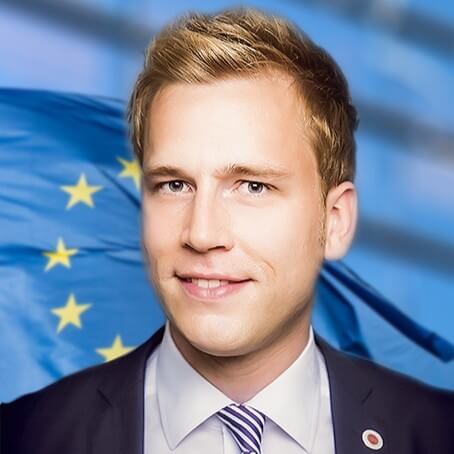Dear Ladies and Gentlemen,
With the first publication of our new magazine, Visions for Europe, we officially confirm the December 2020 establishment of the European Senate of Economy and Technology. The idea of a neutral committee has existed since antiquity. ‘Senate’ literally means ‘council of elders’, though we did not intend to establish a body comprised exclusively of older members.
Rather, we were inspired to revive the essence and purpose of the ancient Roman Senate—to advise leaders of state in politics, business and science to maximize positive outcomes for the majority of people—and senator age is irrelevant to this goal. We are proud to have prepared the way for such a council at the European and international levels. In the magazine you now hold in your hands, we present our ideas, activities and impulses to the public.
Visions for Europe carries a big title, maybe even a huge one, that paints a picture of the future and describes our assumptions about the state of Europe. The question here is always the same:
How far does our vision deviate from reality?
A vision is not only a goal but a way to achieve it. Our vision encompasses both, as we have a clear vision of cooperation within Europe and the world as well as a good idea of the path toward it. Let us take a closer look at the opportunities and risks we may encounter along the way, so we can control this path as much as possible.
Let us take the chance to see some things with more prudence. One truth we have learnt from the Corona crisis is that good results do not always require haste or a “bigger-faster-further” approach. They can be achieved in other ways. I am continually amazed by what you can achieve when you leave your old path for a while, regardless of whether the deviation was successful. The problem is that we tend to take the status quo for granted. Before the pandemic, for example, it was typical to travel long distances to discuss business in person. It was not unusual to fl y from Munich to Hamburg for a ninety-minute meeting.
During the pandemic, however, most conversations have been conducted via video conference, and we have realized that we can run entire groups remotely. Curiously, the technology to achieve this has existed many years before, but only now it has become a matter of course to use it. So, should we continue working from home after the pandemic, holding most of our conversations through a screen? The answer is probably easy for parents living in the countryside with only one child and a big house with a garden—perhaps even easier if one parent can raise the child full-time.
For larger or city-dwelling families, however—especially those in which both parents must work to make ends meet—the answer may be diff erent. It is difficult to solve the home-office issue politically. We can, however, discuss it in ways that consider all points of view to fi nd solutions that benefit as many people as possible. This is what we usually call the common good. It is precisely for this common good that the European Senate of Economy and Technology acts.
The Senate is a thinktank at the European and supranational levels, and its senators are highly regarded and honourable individuals specializing in economics, politics and the sciences. The Senate’s aim is to support efforts to solve the most pressing future problems—for the common good.
The European Senate of Economy and Technology was founded by the Senate of Economy Austria, an honourable council that advises the government on common good interests, and by the European Technology Chamber (EUTECH), an international non-governmental organization committed to bringing together people and organizations that share a vision for building our collective future. The EUTECH is the largest technology chamber in Europe.
The European Senate is an association that shares the high quality of these two organizations and combines their key messages:
Technology obliges—for the common good.
Accepting a senator appointment is a conscious decision to live this guiding principle. As fully integrated EUTECH ambassadors and members of the Senate of Economy, senators have access to both networks and are empowered by their services and functions. The three main goals of the European Senate are to (1) support the 17 Sustainable Development Goals (SDGs) of the United Nations, (2) promote worldwide knowledge of technology and (3) foster ethics, corporate governance, corporate social responsibility and compliance in economics, politics and society. Therefore, we need not only paying members but high-level personalities who are ready to give back, sharing their success without demanding anything in return.
Achieving these goals, however, requires more than bringing such personalities together. We must create an environment that maximizes efficiency. The European Senate is therefore in constant dialogue with political and economic decision-makers at the national and international levels. This cooperation produces whitepapers that support these decision-makers in finding solutions to today’s problems.
As the European Senate remains neutral, no personal interests must be satisfied. It makes no demands, only reporting content that serves as promotion. To honour excellent work, the European Senate also awards prizes and distinctions for outstanding achievements to both its members and external personalities. Senators come from all social groups, sharing only a willingness to seriously promote Senate goals and develop concrete ideas for addressing important future issues. They include board members and CEOs of large international corporations and family businesses, political representatives, members of government agencies or organizations, and scientists.
All represent the diversity of the European Senate and have the desire to give back. I hope you will not take offence if I tell you once again that we are deeply proud of what we have achieved so far. I am driven by the thought that we can all be proud of what we will yet achieve together.
I wish you all success in what I hope will be the final months of this pandemic, and I am confident that we will provide you more good news in the future. Stay healthy.
Benedikt Grütz
Vice-President,
European Senate of Economy and Technology.























